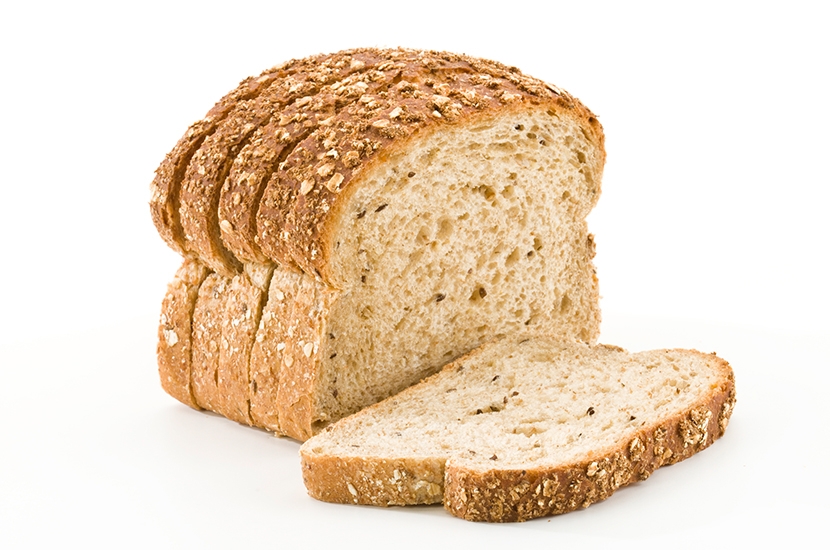‘I’ll stick to being Brazilian,’ said my husband. It was a family joke. Every time a politician on the radio says resilient, the first to shout out Brazilian wins. I haven’t yet discovered what the prize is, though we have been playing the game since 2014, when I wrote about resilience here.
My husband may be resilient, even robust (another political watchword), but the newest favourite is nimble, and I don’t think he’s up to that. Ursula von der Leyen called Britain ‘a nimble speedboat’ in its vaccine provision. Actually, though she did say speedboat, I think nimble was supplied by the Sun. Kate Bingham, heroine of the vaccine campaign (groundlessly vilified last year by politically motivated enemies), explained her success to La Repubblica: ‘Being quick and nimble was definitely important.’
To me, nimble is associated with Nimble bread, sold in the 1960s as ‘Slice for slice lighter than ordinary bread’. Joanna Lumley proved it, on black and white film, by snatching her picnic companion’s hat and diving into the river before he could catch her. She surfaced waving it and smiling. I hope not too many retakes were required.
Nimble is an old word, being nim with the suffix le (here meaning ‘apt’), with a b– inserted, as in bramble or thimble, epenthetically, the philologists say, or just for fun. The nim- bit is an Old English word meaning ‘take’. In fact nim was slowly supplanted by take, a loan word from Scandinavian languages. These things happen.
There’s hot argument about whether nim came from the Indo-European word that developed into the Greek nemein, ‘hold’ or ‘deal out’, hence nemesis, or from another that produced the Latin emere, ‘take’ (hence emption).
Nim in the sense of ‘steal’ staggered on to the present day, though I’ve never heard it spoken.








Comments
Join the debate for just £1 a month
Be part of the conversation with other Spectator readers by getting your first three months for £3.
UNLOCK ACCESS Just £1 a monthAlready a subscriber? Log in